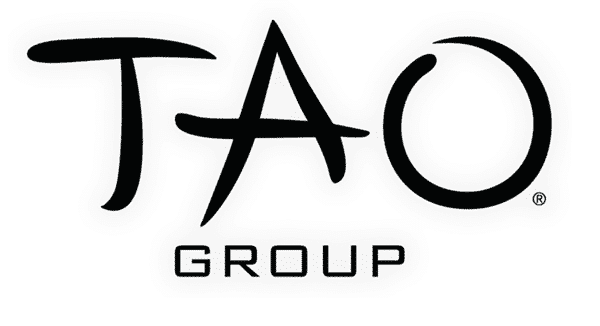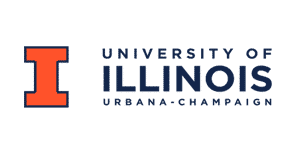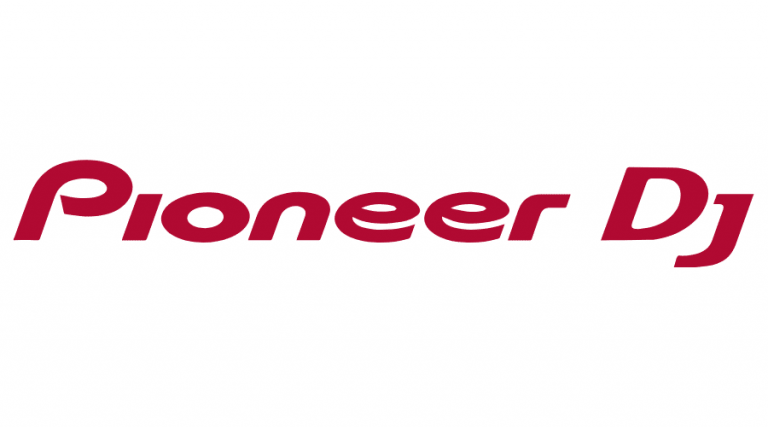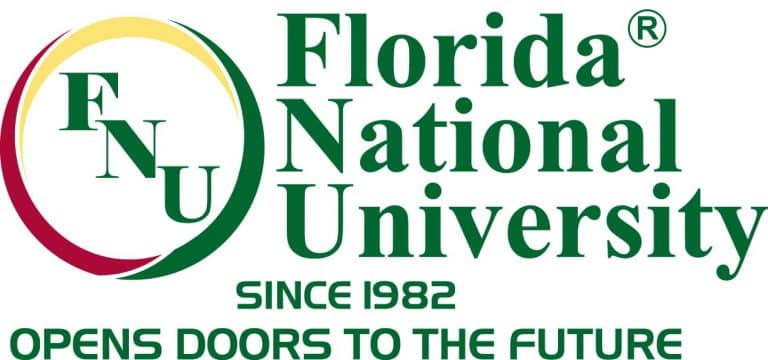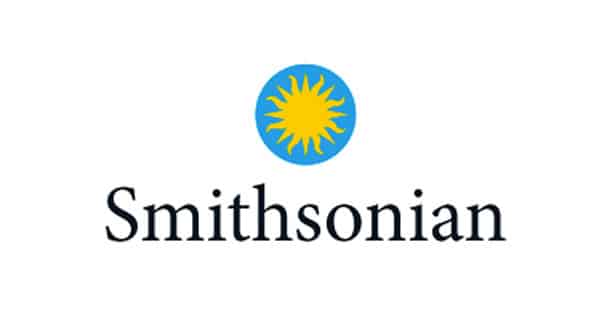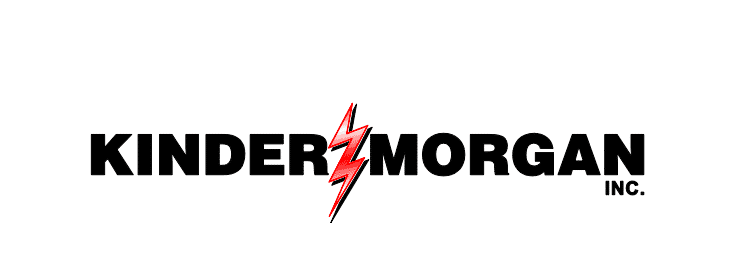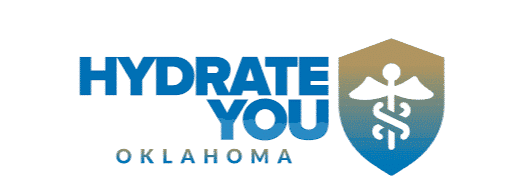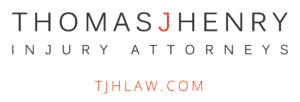Did you know that “why website speed is the unsung hero of SEO and PPC”? A fast-loading website not only improves user experience but also plays a crucial role in search engine optimization (SEO) and pay-per-click (PPC) campaigns. In this blog post, we will explore the synergy between SEO and PPC and how optimizing your website speed can lead to a significant competitive advantage.
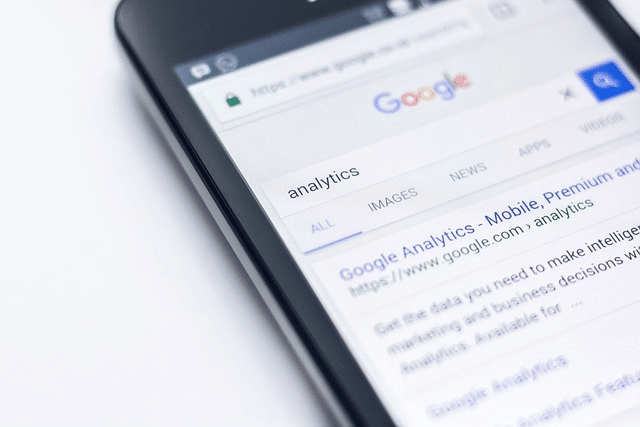
Key Takeaways
Website speed can provide a competitive advantage in digital marketing, improving user experience and search engine rankings.
Optimizing website speed involves assessing hosting providers, utilizing CDNs, optimizing images & minifying code to enhance performance.
Integrating SEO and PPC strategies unlocks full potential for businesses with improved ad targeting & increased ROI.
The Hidden Power of Website Speed
Website speed is often overlooked in digital marketing, but it has a significant impact on user experience, search engine rankings, and PPC campaign performance. As the digital landscape becomes more competitive, prioritizing website speed can give your business the edge it needs to outperform your competitors.
Faster page load times lead to a better user experience, which in turn increases engagement and conversions. Additionally, search engines like Google consider website speed as a ranking factor, making it essential for businesses to optimize their site’s performance to stay ahead in organic search results.
We will examine in detail the influence of website speed and its various implications on digital marketing.
Impact on User Experience
A smooth user experience is essential for digital marketing success, as it ensures that both organic and paid traffic leads to meaningful interactions and conversions. Understanding user intent, site speed, and mobile responsiveness are key elements of on-page SEO that can improve user experience and the outcomes of organic and paid campaigns alike.
Given the increasing usage of mobile devices for web access, mobile optimization becomes a key factor in improving user experience. Implementing a responsive theme, optimizing images and videos for mobile, and streamlining navigation and layout are effective strategies for local SEO and mobile optimization.
Search Engine Rankings
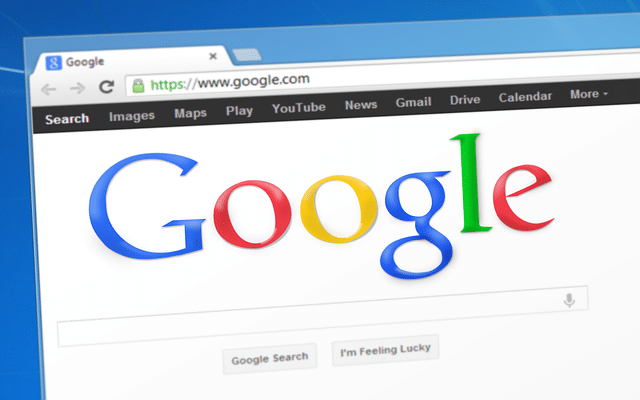
Website speed directly impacts SEO rankings, affecting the visibility of your website to your target audience. Search engines like Google aim to deliver the most pertinent results to users in an expeditious and effortless manner. As a result, faster website speed has a direct correlation with higher search engine rankings.
Optimizing all primary areas of SEO, including content creation, keyword research, website content, structure, technical elements, and mobile-friendliness, is crucial for implementing an effective technical SEO code.
unlocks a website’s full potential. A website with higher search engine rankings is perceived as more reputable and relevant by users. Therefore, enhancing website speed can lead to better rankings and a more credible online presence.
PPC Campaign Performance
Website speed also plays a vital role in PPC campaign performance. It can lead to:
Lower ad quality and rank
Decreased performance
Influences clickthrough rates
Cost per click
Search impression share
Website speed optimization can significantly boost PPC campaign performance, as quicker loading landing pages may result in elevated Quality Scores and reduced costs. As a result, your ads will be more effective, and your overall ad spend will be optimized, maximizing your return on investment.
Optimizing Your Site for Speed

Having comprehended the importance of website speed, we will now investigate different optimization techniques to enhance your site’s performance. Here are some techniques you can use:
Assess your hosting provider
Utilize a Content Delivery Network (CDN)
Optimize image sizes
Minify CSS, JavaScript, and HTML
By implementing these techniques, you can significantly enhance your website’s speed and performance.
These optimization techniques not only improve user experience but also increase your website’s visibility in search engine results and boost the performance of your PPC campaigns. We will further dissect each of these optimization techniques and their role in boosting your website’s speed.
Image Optimization
Image optimization involves compressing images, resizing them to the necessary dimensions, and selecting the appropriate file format to reduce file size without sacrificing quality. This process is crucial for improving website performance, as it decreases the loading time of web pages containing images.
Image optimization can expedite page loading, enrich user experience, and augment search engine rankings. As a result, your website will perform better in both organic search results and PPC campaigns, increasing overall online visibility and conversion rates.
Minimizing Redirects
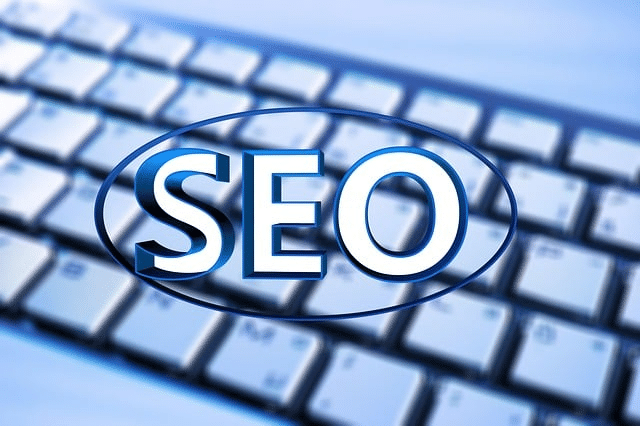
Redirects are a method of automatically directing users to a different URL than the one they initially requested. While redirects can be useful in certain situations, they can also impede the loading time of a website, adversely affecting user experience and search engine rankings.
Limiting the number of redirects is paramount to enhance site speed and facilitate user navigation. Strategies to reduce the number of redirects include utilizing relative URLs, which are a form of internal links, instead of absolute URLs, avoiding superfluous redirects, and implementing caching to minimize redirects.
Minimizing redirects can bolster website performance and user experience, thereby contributing to improved search engine rankings and PPC campaign outcomes.
Code Optimization
Code optimization is the process of enhancing the efficiency and performance of a given code, making it run faster and consume fewer resources without altering its functionality. This involves identifying and eliminating potential bottlenecks, reducing unnecessary operations, and refining algorithms and data structures.
Examples of code optimization include minifying HTML, CSS, and JavaScript code, compressing images, and caching static content. Code optimization can enhance your website’s performance, resulting in quicker page load times, superior user experience, and better search engine rankings and PPC campaign outcomes.
Measuring Website Speed
Regular measurement and monitoring of your website’s speed and performance is critical for its efficient operation. Several tools are available for assessing website speed, such as Google PageSpeed Insights, GTmetrix, and WebPageTest.
Using these tools, you can detect technical elements influencing website speed and performance, and receive recommendations on how to optimize your site. Regularly monitoring website speed will guarantee that any modifications made to the website do not have a detrimental effect on performance.
Google PageSpeed Insights
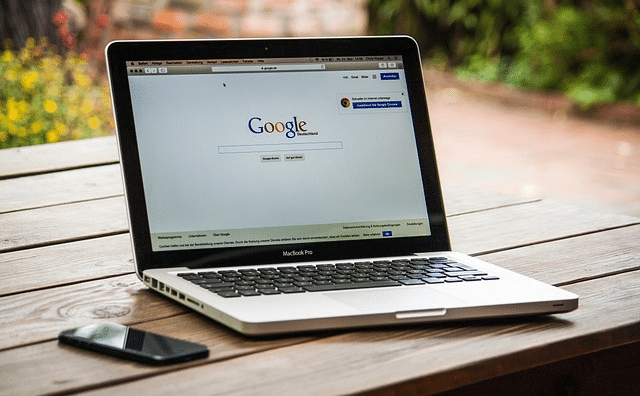
Google PageSpeed Insights is a tool provided by Google that evaluates the performance and page speed of a website. It offers a score and recommendations on how to enhance the user experience of a page on both mobile and desktop devices.
Google PageSpeed Insights allows you to scrutinize your site’s speed and provides valuable suggestions for performance improvement. By using Google Search Console alongside PageSpeed Insights, you can further enhance your website’s performance. Implementing these recommendations can lead to:
More website traffic
Higher search engine rankings
Improved performance of PPC campaigns
Faster website speed
GTmetrix
GTmetrix is a web-based tool that provides an analysis of website speed, measuring load time, size, and requests. It generates actionable insights to improve performance, allowing you to identify potential issues that may be affecting your website’s speed.
GTmetrix can aid in improving your website’s performance and offer insights into potential optimization opportunities. Utilizing this comprehensive tool will enable you to:
Better understand your site’s speed
Make informed decisions on how to improve it
Increase user engagement
Achieve higher search engine rankings
WebPageTest
WebPageTest is a website performance testing service that offers the following features:
Conduct free speed tests from various locations globally
Use real browsers and consumer connection speeds for accurate results
Receive comprehensive optimization suggestions to enhance website performance
WebPageTest enables evaluation of your site’s speed and performance from various locations and browsers, assuring optimum website performance for all users. This testing tool can help you:
Detect potential issues with your website’s performance
Provide actionable insights to improve it
Lead to faster page load times
Enhance user experience
Increase search engine rankings
Improve PPC campaign performance
The Synergy Between SEO and PPC
Combining SEO and PPC strategies can lead to a holistic approach to digital marketing, unlocking your website’s full potential. Integrating these strategies, including a well-planned SEO strategy, can result in more accurate ad targeting and increased ROI due to the insights gained from SEO.
Harnessing the synergy between SEO and PPC can give your business a competitive advantage in the constantly evolving digital marketing landscape. In the following sections, we will explore how the integration of SEO and PPC strategies can enhance organic visibility and boost PPC campaign ROI.
Enhancing Organic Visibility
SEO efforts, including search engine optimization, can improve organic search visibility, complementing PPC campaigns and increasing overall online presence. A higher organic visibility not only leads to increased sales but also enhances your brand’s credibility in the eyes of users.
Dual visibility of sponsored ads and organic search results can significantly enhance a brand’s credibility by communicating a strong message that the brand is not only ready to invest in visibility but is also acknowledged by search engines as a pertinent and authoritative source.
Improving organic visibility can propel your business to better search rankings while amplifying the impact of your PPC campaigns.
Boosting PPC Campaign ROI
SEO insights can inform PPC strategies, leading to more effective ad targeting and higher returns on investment. Utilizing SEO insights to guide PPC strategies enables more precise ad targeting, resulting in increased click-through rates and conversions.
Consequently, improving your website’s speed and capitalizing on the synergy between SEO and PPC can optimize your ad budget, steering more of it towards revenue generation. This, in turn, enhances the overall return on investment for your PPC campaigns, ensuring that your digital marketing efforts deliver the best possible results.
Real-Life Success Stories
There are numerous success stories of companies that have implemented SEO and PPC together to achieve remarkable results. For example, Ironpaper, a digital marketing agency, reported that their client Goddard achieved success through the combination of SEO and PPC, driving a 594% increase in lead inquiries from Paid Search while decreasing the Cost-Per-Action (CPA) by 71%.
These real-life examples demonstrate the power of optimizing website speed and leveraging the synergy between SEO and PPC in achieving digital marketing success. Adopting these strategies can help your business realize its full potential and yield superior results in the competitive digital arena.
The Future of Website Speed and its Impact on Digital Marketing
As internet users expect faster and more efficient browsing experiences, websites that prioritize speed will gain a competitive edge. As search engines like Google increasingly prioritize website speed as a ranking factor, it becomes imperative for businesses to optimize their site’s performance to maintain their edge in the ever-changing digital marketing sphere.
Website speed will continue to have a considerable effect on user engagement, experience, and digital marketing success in the future. Optimizing your website’s speed and capitalizing on the synergy between SEO and PPC can enable your business to adapt to the fluctuating digital landscape and sustain long-term success.
Summary
In conclusion, optimizing website speed is essential for achieving success in digital marketing. Faster websites not only improve user experience and search engine rankings but also enhance the performance of PPC campaigns. By leveraging the synergy between SEO and PPC, businesses can unlock their full potential and achieve better results in the competitive digital landscape. Don’t let your website speed be the Achilles’ heel of your digital marketing strategy – invest in optimization today and reap the rewards tomorrow.
Frequently Asked Questions
Is website speed important for SEO?
Yes, website speed is vitally important for SEO as it affects how search engines rate your pages, with Google wanting to deliver fast loading results that are relevant to the user.
Why is website speed important?
Website speed is essential for user experience, SEO performance and conversion rates. If a page takes longer than 3 seconds to load, over a quarter of users will click away and choose a different result. Slow loading websites lead to decreased user trust and engagement, whereas faster websites are more reliable and professional, ultimately driving more traffic and better conversion rates.
Does site speed affect Google ads?
Yes, site speed does affect Google Ads as it is taken into account when determining the quality score of your ad, which in turn affects the ranking and cost of your advertisement.
What are some effective strategies for optimizing website speed?
Optimizing website speed can be achieved through image optimization, minimizing redirects and code optimization.
How can I measure my website’s speed?
Tools such as Google PageSpeed Insights, GTmetrix, and WebPageTest can be used to measure your website’s speed and performance. This is the most common advice given by professionals in the industry. Utilizing these tools will provide you with an accurate measurement of your website’s speed.










